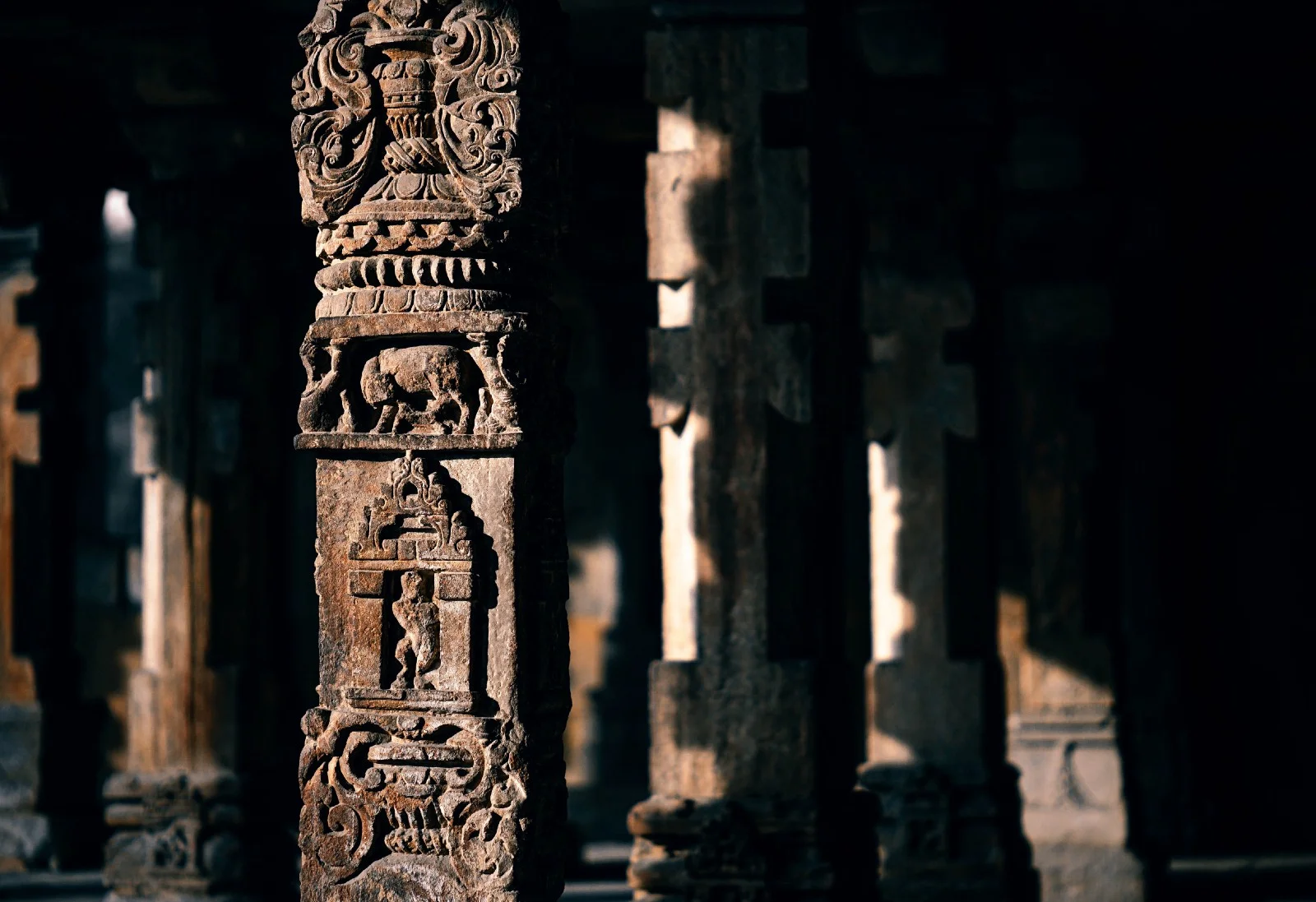Number 5: Among travel companions from hell, the whiners take the biscuit. These energy vampires will suck the fun out of your adventure with endless streams of complaints, leaving you drained and miserable.
Read MoreAs Nigeria turns 59, high unemployment rates, crumbling infrastructure, crippling insecurity, rising foreign debt, widespread corruption, and multi-dimensional poverty have left citizens pondering the meaning of independence.
Read MoreSet against the backdrop of 19th century Ghana, The Hundred Wells of Salaga tells a tale about slavery, love, loss, courage and duty though the eyes of Aminah, a slave who dreams of travelling far and wide to sell shoes like her father did, and her mistress Wurche, a strong-willed princess more interested in attending political meetings than in domestic work.
Read More“There isn’t a single person who can go through life without a single mark on their body, so why do we stare at people with scars as opposed to just seeing it as a norm?”
Read MoreA gubernatorial candidate struggles to save her campaign after her affair with a priest goes public
Read MoreTalking about sexual harassment is taboo in conservative Nigeria. Victims are expected to suffer in silence while perpetrators walk free without consequences. But a bright spot is finally emerging, thanks to the #MeToo movement.
Read More“Mum, I have a well-paying job and my own apartment, so I’m as settled as can be. Whenever and wherever I find love, I’ll take it. That said, I have no plans of rushing into something just to fulfil yours or anyone else’s vision, especially if that vision requires my moving to Africa. I know you don’t want to hear this, but I’m more British than I am Nigerian. My home is Manchester; it’s where I feel most alive.”
Read MoreWhat happens when you go to bed a black man and wake up white? That's the question A. Igoni Barrett's novel Black Ass answers with a blend of sharp humor and keen intelligence.
Read MoreShe Called Me Woman is a portrait of 25 queer Nigerian women. Their anonymised, first-person accounts range from family dynamics to childhood memories to first sexual encounters. With the exception of two narrators, the women reflect on what it’s like living as a queer person in Nigeria.
Read More








